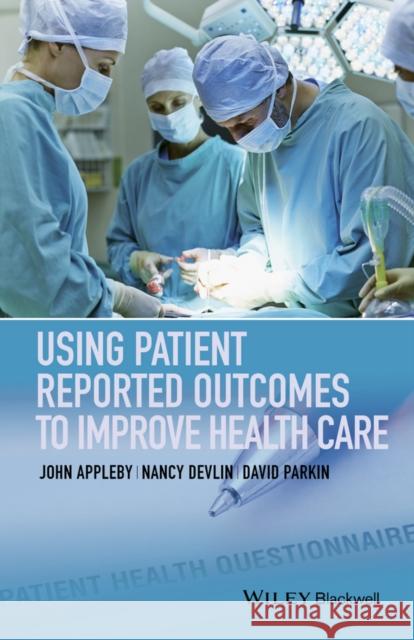Using Patient Reported Outcomes to Improve Health Care » książka
topmenu
Using Patient Reported Outcomes to Improve Health Care
ISBN-13: 9781118948606 / Angielski / Miękka / 2016 / 120 str.
A practical, introductory guide to the best use of Patient Reported Outcomes (PROs) to improve the quality of health care and patient health.
- Only title to exclusively introduce, explain and show how PROs can be best used to improve healthcare and patient outcomes
- Includes real life examples and case studies of PROs in practice
- Assesses the growing evidence base for PROs in practice
- Editor team from Office of Health Economics (OHE), The King's Fund and King's College London with contributions from practising clinicians, GPs and other healthcare professionals











